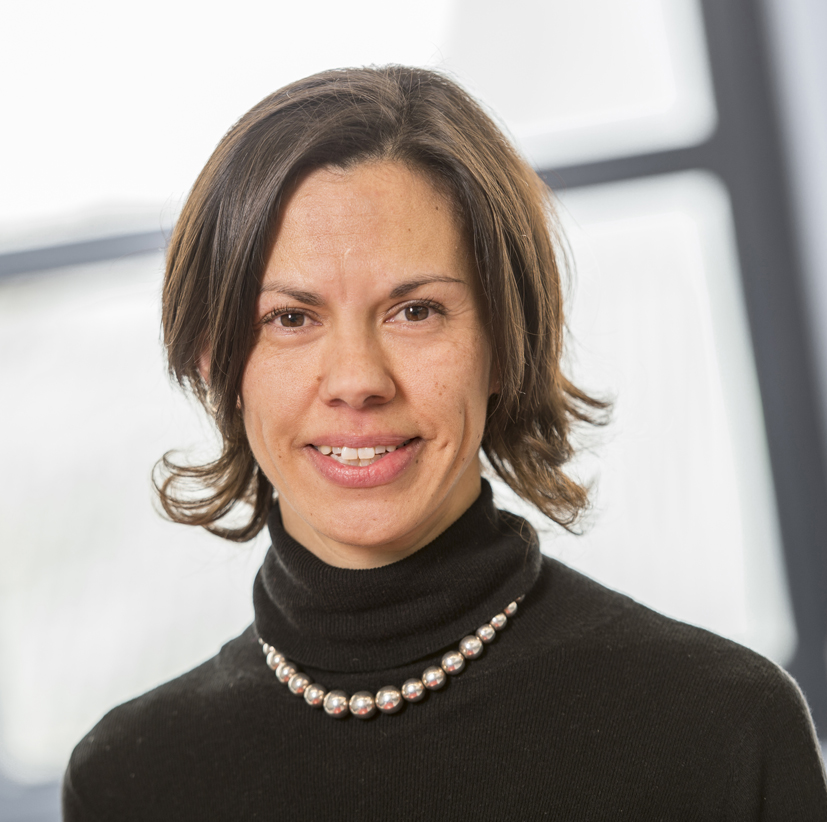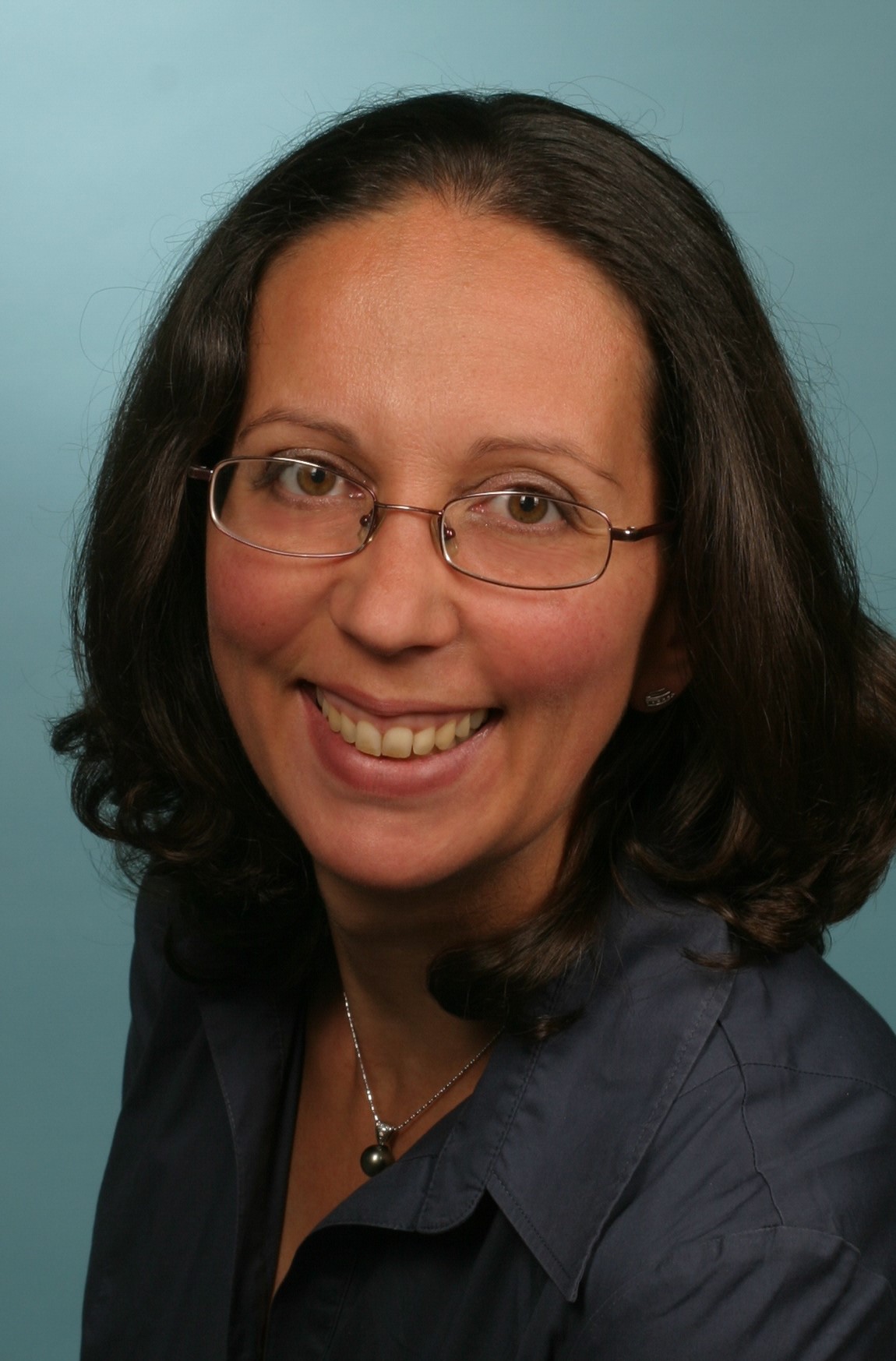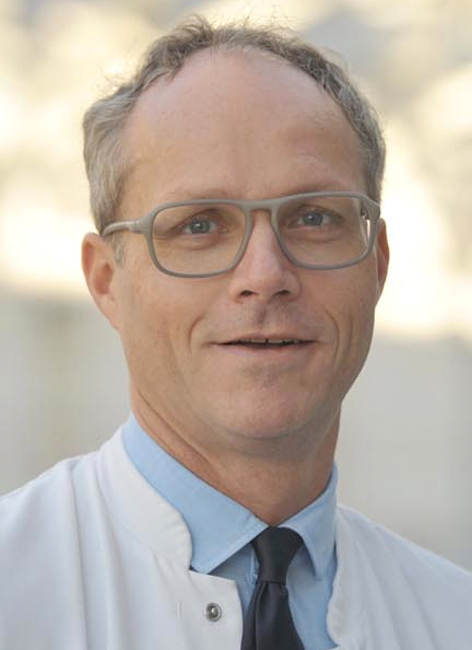|
"GSCN 2018 Young Investigator Award"
Dr. Nina Cabezas-Wallscheid is the winner of the “GSCN 2018 Young Investigator Award” prize honoring her excellent research work as a junior scientist. She is examining the conditions that put blood stem cells into a sleep-like basic state. While the activity phases of blood stem cells following inflammation or injury are well understood, the molecular path back to sleep mode is still far from elucidated. These sleep phases protect stem cells from genomic mutations caused by excessively rapid cell division and stress events such as chemotherapy, as well as preserving their lifelong functionality. Blood cell stems are found in the bone marrow and generate the different blood cell types throughout life. Malfunctions increase the likelihood of pathological developments such as leukemia, for example. The conditions leading to the incidence of blood cancer are still largely unknown. Cabezas-Wallscheid has shown that nutrition also has an impact on the dormant and waking state of blood stem cells, and therefore the production of heathy blood cells: ricinoleic acid, a vitamin A metabolite, improves the capacity of active blood stem cells to return to their dormant state, protecting them from damaging effects.
Born in 1982, Dr Nina Cabezas-Wallscheid, studied biotechnology in Barcelona and Parma. After gaining her Doctorate in Mainz, she conducted her post-doc research in the “Stem Cells and Cancer” department (Professor Andreas Trumpp) at the German Cancer Research Centre (DKFZ) in Heidelberg. Since 2017 Nina Cabezas-Wallscheid has been active as Senior Researcher in the department of Professor Rudolf Grosschedl at the Max-Planck Institute of Immunobiology and Epigenetics (MPI-IE) in Freiburg.
|
|
|
"GSCN 2018 Female Scientist Award"
Prof. Dr. Maria Elena Torres-Padilla receives the "GSCN 2018 Female Scientist Award" for her outstanding achievements in the research of early embryonic development. In particular, she investigates the state of totipotency, the ability of early embryonic stem cells to develop into all cell types. Torres-Padilla is internationally recognized as an expert in chromatin research in the early embryonic development. She focuses on the transitions of cellular potency and epigenetic reprogramming and investigates molecular mechanisms thereof in the mouse model. She heads the Institute of Epigenetics and Stem Cells (IES) at the Helmholtz Zentrum München and aims at a better understanding of the molecular processes underlying cellular plasticity in order to develop better therapeutic approaches for regenerative medicine and infertility treatment. She is also involved in initiatives for communicating the importance of basic research to a broad public and to decision-makers.
Professor Maria Elena Torres-Padilla is an elected EMBO member and Extraordinary Young Scientist at the World Economic Forum. Since 2016 she heads the Institute of Epigenetics and Stem Cells (IES) at the Helmholtz Zentrum München and is professor of stem cell biology at the Ludwig-Maximilians-Universität in Munich. After studying biology in Mexico City, the native Mexican obtained her doctorate in Paris, went to Cambridge (UK) as a postdoctoral fellow and habilitated in Strasbourg.
|
 |
|
"GSCN 2018 Publication of the Year"
Dr Maja Milanovic and Professor Clemens Schmitt are the winners of the “GSCN 2018 Publication of the Year Award” acknowledging their work on the effects of triggering a cell ageing program (senescence) on tumor cells. Triggering cellular senescence, and thereby achieving a definitive cell division arrest, is an important therapeutic approach for impeding tumor cell growth. Milanovic and Schmitt investigated the downsides of senescence, involving the triggering of epigenetic reprogramming in tumor cells. In such instances, a tumor cell program (tumor stemness) counters the therapeutic objective, enabling aggressive tumor cell growth, thereby favoring treatment failure and potentially the formation of metastases. By way of a novel single-cell analysis method, the scientists at the Charité University Medical Department in Berlin and the Max-Delbrück Centre for Molecular Medicine (MDC) observed the moment in which stem cell reprogrammed senescent tumor cells sometimes spontaneously revert to the cell division cycle, enabling them to unfold their newly gained stem cell potential in the first place. The results show that tumor cells can defend themselves aggressively and effectively against cancer treatments by reprogramming to stem cell characteristics. At the same time, proceeding on these insights, the team of scientists derived genetic and drug-based strategies for neutralizing tumor stemness.
Publication: Maja Milanovic, Dorothy N. Y. Fan, Dimitri Belenki, J. Henry M. Däbritz, Zhen Zhao, Yong Yu, Jan R. Dörr, Lora Dimitrova, Dido Lenze, Ines A. Monteiro Barbosa, Marco A. Mendoza-Parra, Tamara Kanashova, Marlen Metzner, Katharina Pardon, Maurice Reimann, Andreas Trumpp, Bernd Dörken, Johannes Zuber, Hinrich Gronemeyer, Michael Hummel, Gunnar Dittmar, Soyoung Lee & Clemens A. Schmitt. “Senescence-associated reprogramming promotes cancer stemness”, 2017, Nature 553, 96-100.
|

Maja Milanovic

Clemens Schmitt
|